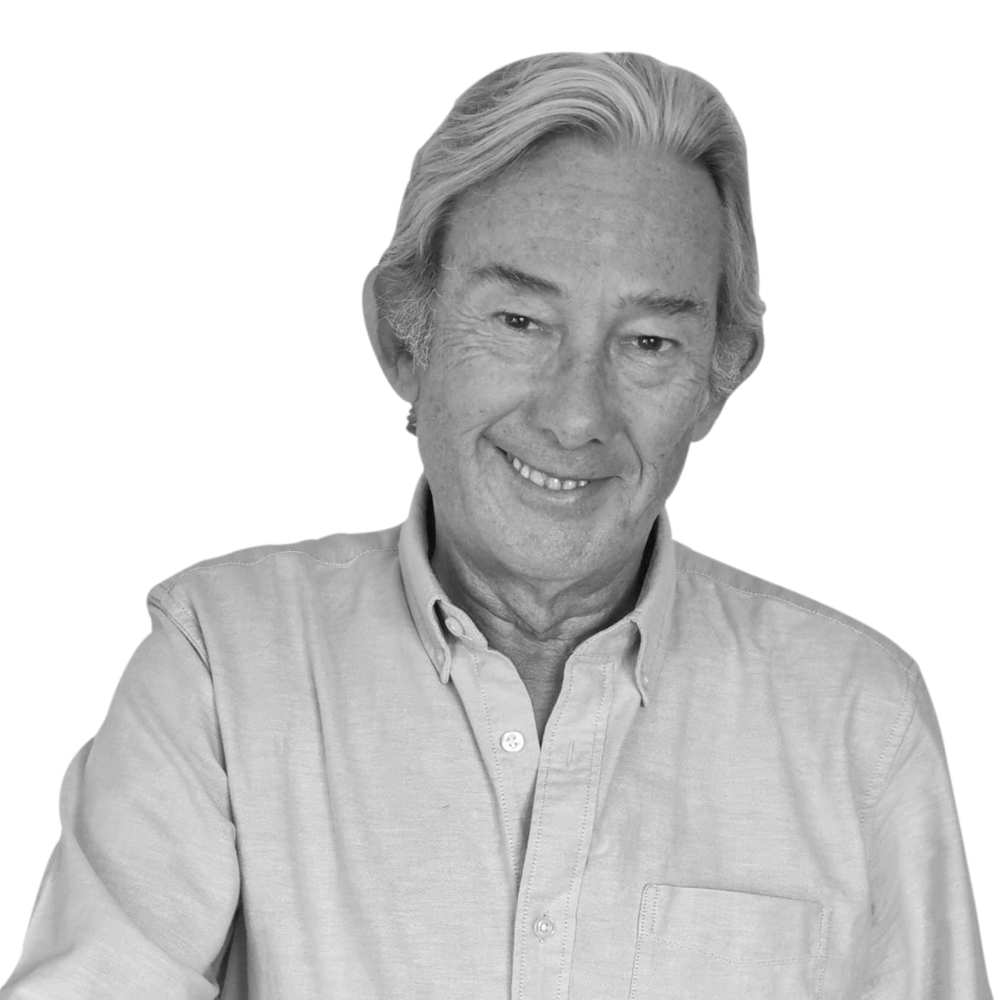On love for Russia, a broken, humiliated and threatening empire


Imperial-minded societies are stretched thin by geography. And, as was seen after the Treaty of Versailles (1919) with the transformation of Germany into the Nazi monster, it is dangerous to humiliate them. If one of these supposedly humiliated and amputated societies has been living in an eternal Orwellian 1984 for over a century, with total confusion about truth and lies, the danger is immense. We are talking about Russia. The largest country in the world, with the largest atomic arsenal.
Is Europe's fear of Russia reasonable? Does such a desire to buy weapons make sense? Is the threat real? Before answering these questions, it is worth reading I love Russia, a book by Elena Kostyuchenko. There is much published about Anna Politkovskaya and Svetlana Alexievitz, there is great literature on what they call the "Russian soul", there are millions of texts about how Vladimir Putin and the former KGB took over the country defeated in the Cold War, we know everything there is to know about the systematic murder of the regime's opponents. Is more needed?
Yes. The chronicles of Elena Kostyuchenko (38 years old, beaten, detained, poisoned, former editor of the heroic Novaya Gazeta where her idol, the murdered Politkovskaya, also worked) are, in addition to a lesson in journalism and a chilling read, a collection of irrefutable evidence of Russia's moral misguidance. The book literally closes below the imprint on the last page, with a quote from Nobel Prize winner Svetlana Alexievitz: "Suffering is our capital, our natural resource. Not oil or gas, but suffering. It is the only thing we are capable of producing consistently."
Without needing to go back to Tsarist oppression, Russia has been immersed in Orwellian lies for over a century: newspeak, the thought police, the aberration of official truths that contradict the most obvious reality. It is not easy to escape from a system like the Soviet one, and even less so after a defeat at the hands of the enemy empire, the United States.
In his chronicles, Kostyuchenko describes the country's misery beyond the Pushkin Café, the Porsches and other Moscow luxuries: police corruption, industrial pollution, alcoholism (there is illegal vodka distilled from antifreeze), fear and reverence for the State, the savagery (carefully wrapped in falsehood) of the war against Ukraine, the nostalgic memory of the Soviet Union, the almost suicidal vocation of the workers of the Novaya Gazeta (now banned in Russia and published in Latvia).
Particularly moving are the passages in which Kostyuchenko speaks about her own family. Her grandmother, a peasant, industrial worker, and beekeeper, saved her entire life to leave a generous inheritance to her granddaughter. "She won't want for anything," she said. "If she wants, she can go live in Moscow." Due to hidden inflation and the fragility of the ruble, when the granddaughter received the money she was able to buy two pairs of socks and two changes of underwear.
Her mother, the first university graduate in the family, worked as a technician in a paint factory until the Soviet collapse and the plundering of the country (by Russians and foreigners) during the Boris Yeltsin era forced her to juggle teaching and cleaning jobs. She had saved up to buy a dacha. It was only enough for a refrigerator.
I'm transcribing a conversation between Elena Kostyuchenko and her mother (whom she clearly adores) after the Maidan revolution in Ukraine (2013): "Thank God you're not in Ukraine. God protected you," the mother says. "What did he protect me from?" "The Nazis. Don't you know it's full of Nazis there? They would have executed you for being Russian." "Don't talk nonsense, Mom." "They hate everything Russian, they prefer to be European. They see us as enemies. This revolution is a betrayal of Russia. Haven't you heard?" "And where did you find out about all this?" "I get my information from TV." "I read my colleagues' reports [from the Novaya Gazeta]. They are Russian and, as far as I know, they haven't been hanged." "Because you work for an anti-Russian newspaper."
Kostyuchenko talks about her mother again: "My travels don't excite her, she's never asked me to bring her anything typical from the places I've been or to show her photos of the trip. She says she's not interested, that I can't imagine what it's like to go wherever you want and feel at home. She's been to Georgia, Ukraine, Latvia, Estonia, Lithuania and Belarus and it was all the same country. It's hard for her to accept that it's not like that anymore."
The author of I love Russia She says that, if she could, she would live in Russia. She's now in exile in Berlin.
Let's return to the original questions. Is the Russian threat real? Yes. Aside from its nuclear arsenal, its army, as demonstrated in Ukraine, is mediocre. But a country whose inhabitants live so humiliated and deceived, under the oppression (many Russians would deny it) of a dictator specialized in manipulating reality, constitutes a danger to Europe and the entire planet.
